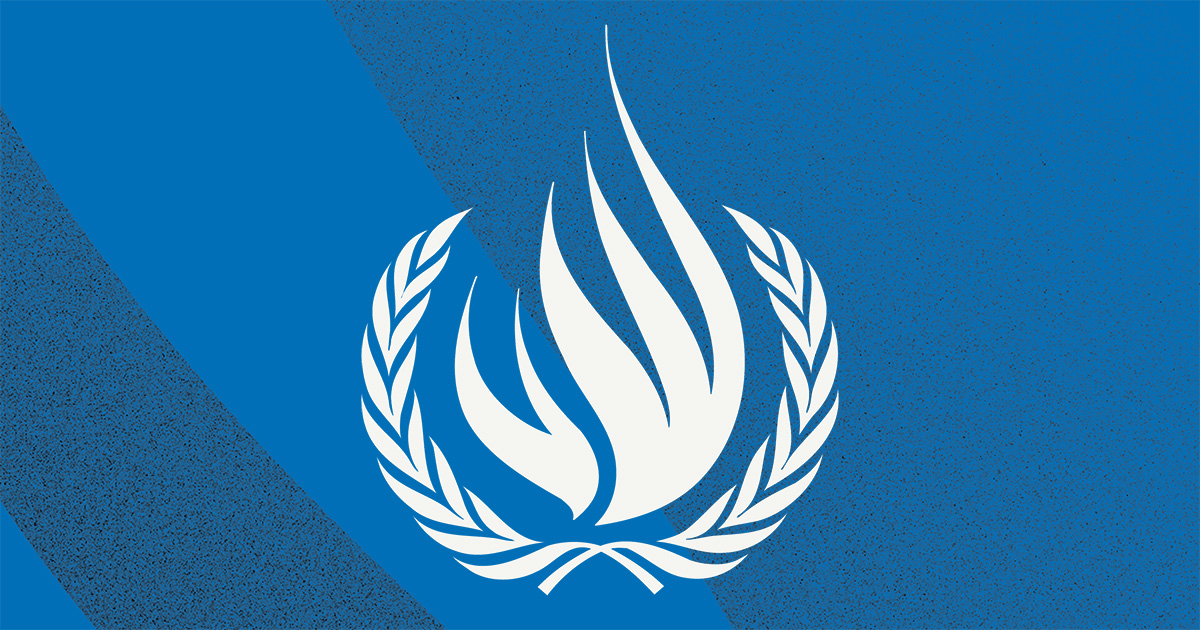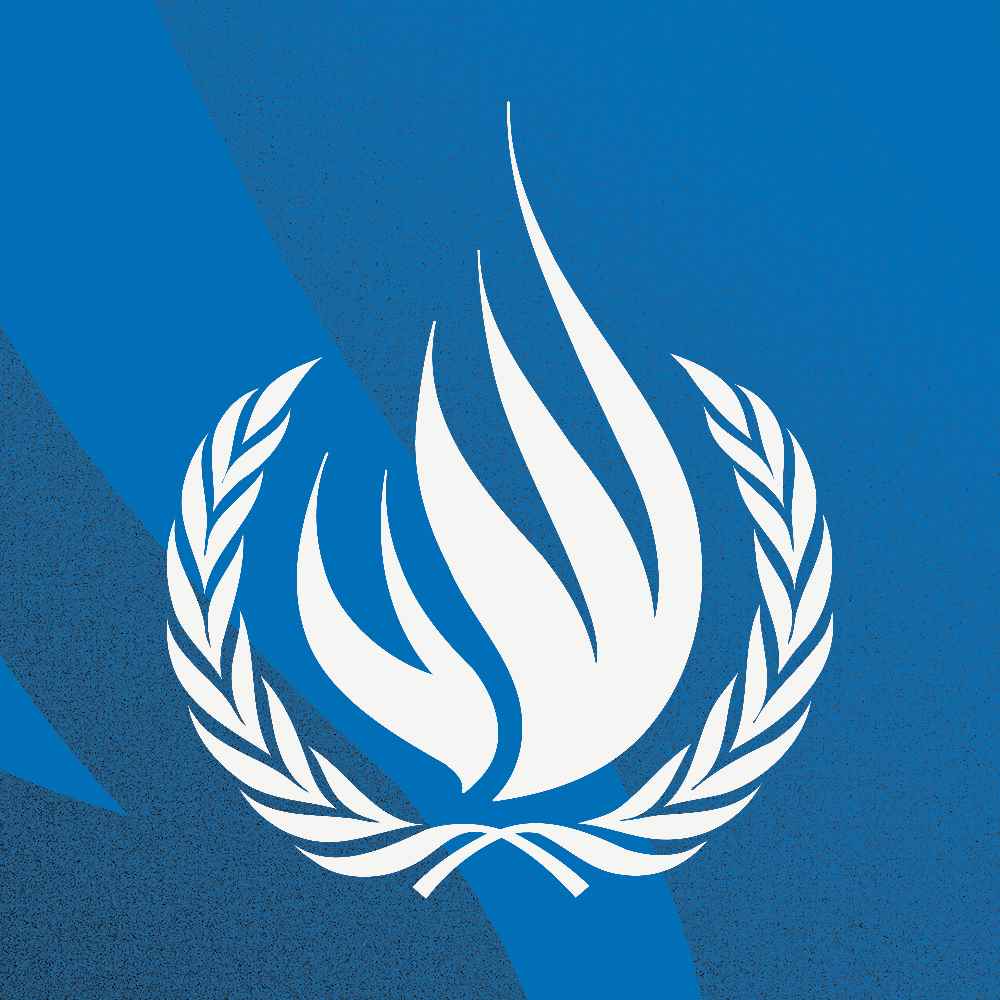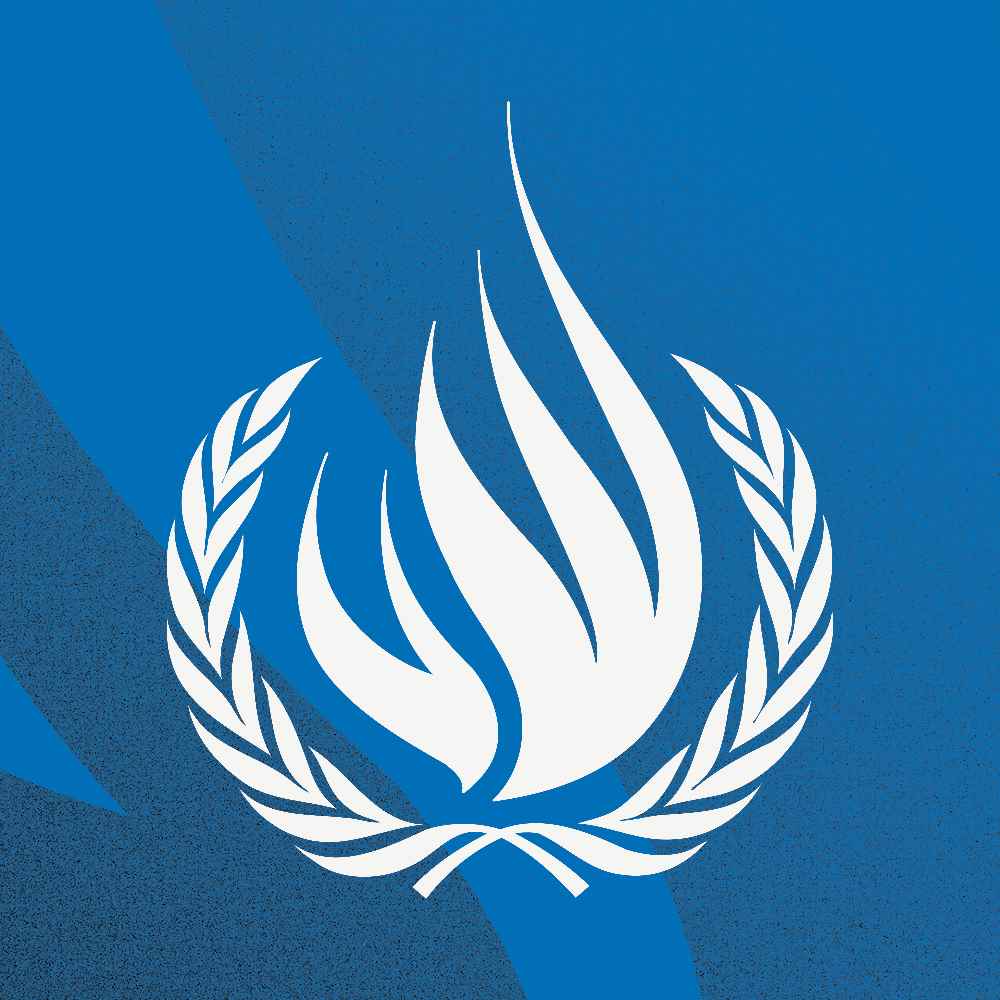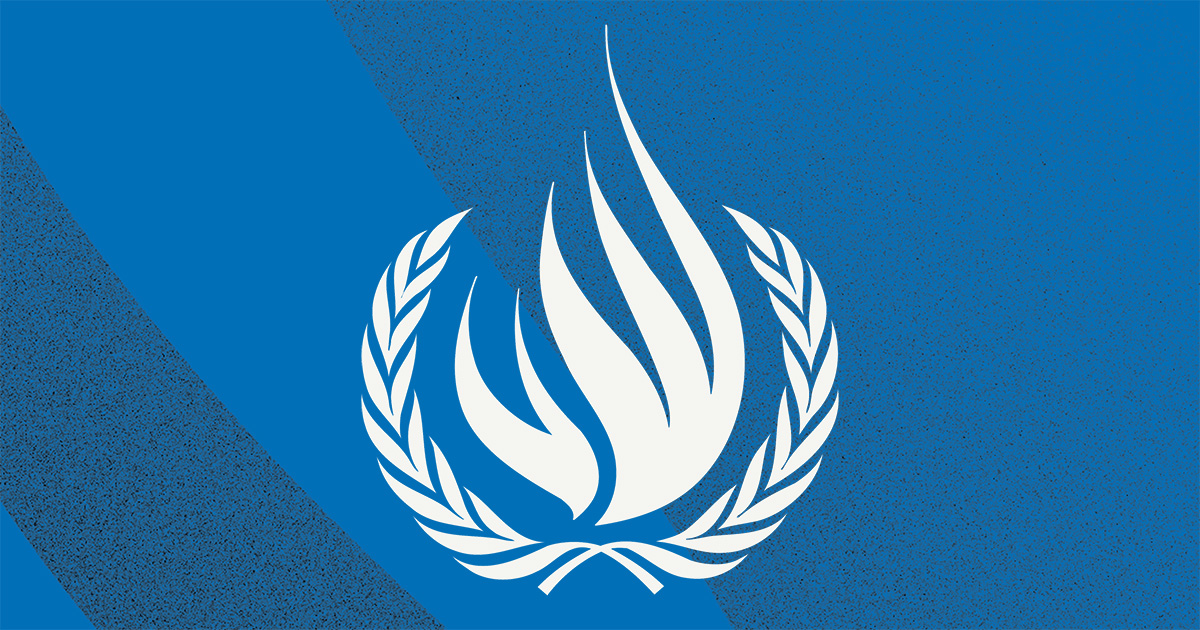
PORT LOUIS (30 June 2022) – Tackling poverty, social exclusion and segregation of children in marginalised communities is key to preventing them from falling victim of sexual abuse and commercial sexual exploitation, the UN Special Rapporteur on the sale and sexual exploitation of children, Mama Fatima Singhateh, said at the end a 10-day visit to Mauritius.
“My visit to Mauritius came at unique time against a backdrop of the recently promulgated Children’s Act, the Child Sex Offender Register Act and the establishment of the Children’s Court which has effectively changed the child protection landscape by creating new and increased responsibilities for virtually all child protection actors,” the expert said in a statement.
“I am encouraged that the new Children’s Act is largely premised on the overarching principle of the best interests of the child and on the importance placed on eradicating the scourge of sexual abuse and exploitation. I regret however that the definition of the sale of children has not been distinguished from child trafficking as a distinct crime. Regulating the process of adoption is one of the legal means to prevent the sale of children and I encourage the Government to accelerate the long overdue Adoption Bill and the establishment of the Adoption Agency.
“One child sexual abuse incident is one too many,” said Singhateh. “Effective investigation and prosecution are indispensable in curbing the culture of silence surrounding child sexual abuse and commercial sexual exploitation.”
The actual extent and prevalence of various manifestations of the sale of children, child prostitution and child sexual abuse material, is largely unknown due to the clandestine nature of these offences and further compounded by the lack of comprehensive, systematically collected, and reliable data.
Despite various positive steps and significant legislative measures in place, there is a lack of a comprehensive strategy to effectively tackle the sale and sexual exploitation of children, including their root causes, said Singhateh.
There is a need for effective and sustained sex education in schools, the UN expert said. “Mauritius must be commended for the remarkable progress made in the field of inclusive education, yet effective sex education in schools is one of the few interventions the government can take to accelerate efforts to address teenage pregnancies which from my discussions I understand is a growing problem amongst very young teenagers,” she said.
Mauritius is a well-known tourist destination, yet little is known about the scope and manifestation of child sex tourism in the country, Singhateh said.
“I note with dismay that officials in this sector are not much sensitized on the issues and manifestation of sexual exploitation in the context of travel and tourism,” she said. “I also note that there is no explicit legal provision penalising the sexual exploitation of children in travel and tourism.”
During her visit, Singhateh met government officials, the Ombudsperson for children, and representatives of civil society, as well as children. She travelled to Port Louis and Rodrigues.
The Special Rapporteur will present the findings and key recommendations from her visit in a report to the UN Human Rights Council in Geneva in March 2023.
ENDS
Ms. Mama Fatima Singhateh (The Gambia) was appointed as the UN Special Rapporteur on sale and sexual exploitation of children by the UN Human Rights Council in March 2020. She is a trained lawyer with over 20 years of experience. Ms Singhateh has held a number of high-level positions in public service in the Gambia. She holds a master’s degree in International Business Law from the University of Hull and has undergone numerous trainings in child rights programming, arbitration and mediation, and legislative drafting. She has drafted laws, organized and conducted numerous training sessions, delivered presentations at both national and international fora and written articles and reports on issues relating to the promotion and protection of the rights of the child.
The Special Rapporteurs are part of what is known as the Special Procedures of the Human Rights Council. Special Procedures, the largest body of independent experts in the UN Human Rights system, is the general name of the Council"s independent fact-finding and monitoring mechanisms that address either specific country situations or thematic issues in all parts of the world. Special Procedures experts work on a voluntary basis; they are not UN staff and do not receive a salary for their work. They are independent from any government or organisation and serve in their individual capacity.
Country Page – Mauritius










